PPP Loan Forgiveness- Possible Loosened Restrictions
The House of Representatives has passed the Paycheck Protection Program Flexibility Act to the Senate on May 28, 2020 with a 417-1 vote. The bill will make qualifying for PPP loan forgiveness easier for borrowers. This is done by loosening some of the restrictions originally put in place as part of the CARES Act on March 27, 2020.
It is important to note that this bill is not a law at the time of this article. We are sharing this information because the PPP Flexibility Act may be passed. We would like you to know in advance how it will impact your PPP loan process and forgiveness.
New Restrictions
Below are the highlights of the bill:
- The PPP loan period would be extended to include costs incurred over 24 weeks once the loan is granted. Or by December 31, 2020, whichever date comes first. If you are a current borrower, you can elect to continue using the original eight-week period after the bill’s enactment.
- The deadline for applying for a PPP loan would be extended from June 30, 2020 to December 31, 2020.
- The forgivable payroll expense requirement would be dropped to 60% rather than the current 75%. This means, you may have up to 40% non-payroll costs forgiven, with the remainder of the forgiveness being your payroll costs.
- The six-month deferral period (which allowed borrowers to defer interest and principal payments until the SBA compensated lenders for forgiven amounts) would be removed. Borrowers who don’t apply for forgiveness would be given a minimum of ten months. This is after the expiration of the program to start making payments.
- If the business restores salary or staffing levels that were previously reduced. They can get their loan forgiveness period extended from June 30, 2020 to December 31, 2020. The applicable reduction period is from February 15th, 2020 to 30 days after the enactment of the CARES Act (signed into law on March 27, 2020).
- This proposed bill would maintain the current forgiveness amount for businesses who meticulously document their inability to rehire employees who were on payroll as of February 15, 2020, and are unable to hire other qualified employees by the end of the year.
- The loan forgiveness amount would not be reduced if a business could prove that it couldn’t resume business as it operated before February 15, 2020 due to federal sanitation and/or social distancing requirements.
- Employers would be able to defer the usual 6.2% employer portion of Social Security payroll taxes once they’ve had their PPP loan forgiven.
- The bill would extend the minimum PPP loan maturity period from two to five years. This applies to loans that are issued after the bill is enacted, but current loan holders can have the option to modify their loan if they mutually agree with the lender.




